Celebrating female researchers for International Women’s Day 2018
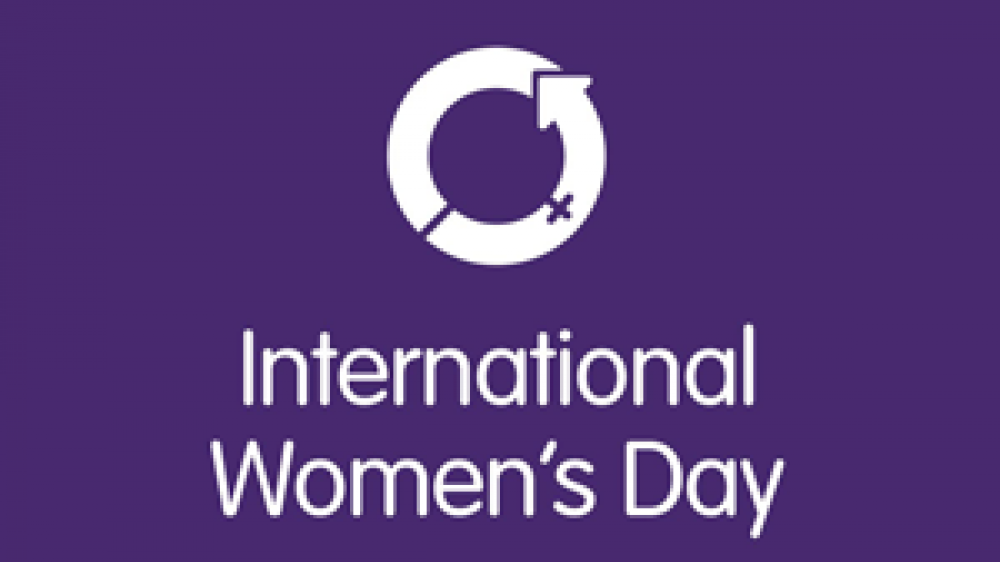
To celebrate International Women’s Day 2018, we are highlighting a number of female researchers at different career stages, including NC3Rs grant holders, whose fantastic work across a broad range of disciplines is helping advance the 3Rs in the UK and internationally.
Dr Olivia Champion from the University of Exeter leads a CRACK IT Solutions project, using moth larvae as a model host for infection studies, toxicity testing and drug development. She is a TEDx Speaker and the CEO of BioSystems Technology which provide the larvae as a non-mammalian system to researchers in academia and industry, with the aim of addressing scientific questions while minimising the use of experimental mammals.

Dr Maria Duque-Correa from the Wellcome Trust Sanger Institute holds a David Sainsbury Fellowship to study host interactions with whipworms in intestinal organoids, as a strategy to replace animal use. During her impressive public engagement project, Worm Hunters, she visited a primary school in Colombia to raise awareness about parasitic worms, help diagnose the children and collect material to continue her studies using alternative approaches.
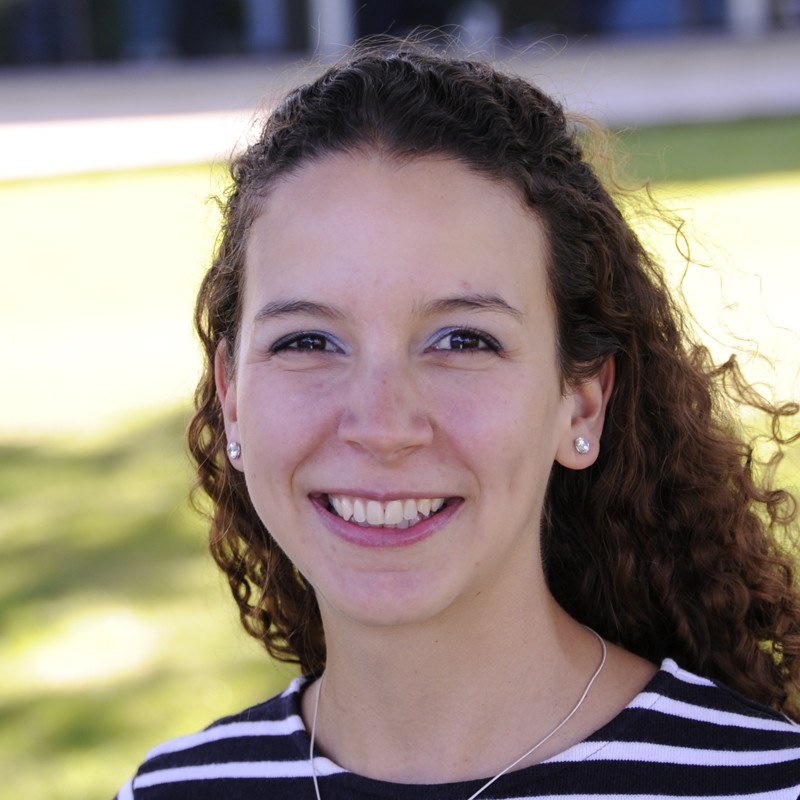
Dr Meritxell Huch is a Group Leader at the Gurdon Institute, University of Cambridge, where she studies adult stem cells, including modelling human liver cancer in vitro to replace animal models of liver cancer.
She is the winner of the Women in Cell Biology Early Career Medal 2018. She was also previously awarded the 2013 3Rs prize for a paper describing a culture system that enables adult mouse stem cells to grow and expand into fully functioning 3D liver tissue.
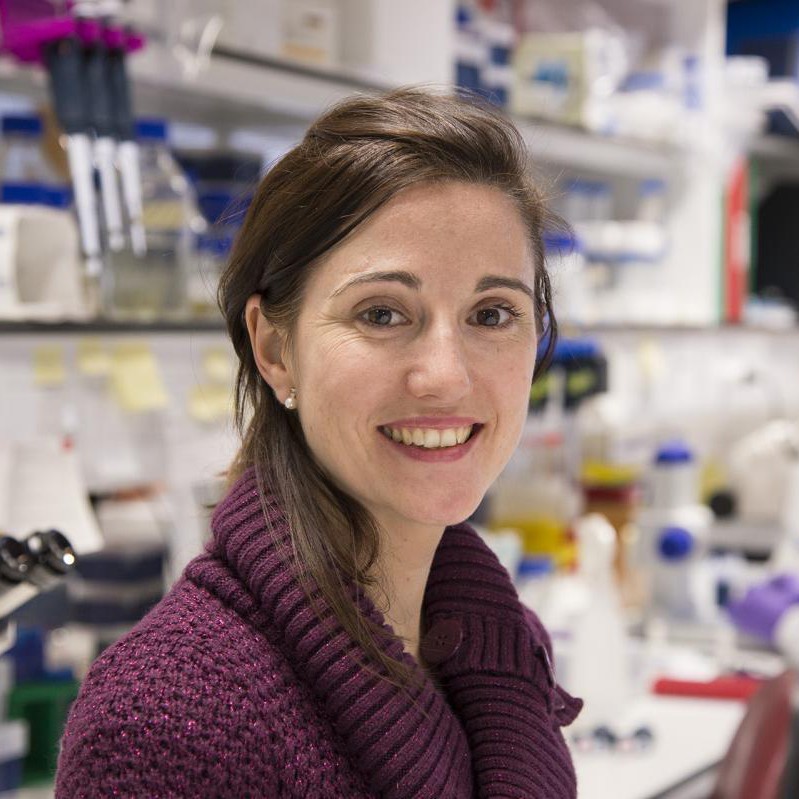
Professor Jane Hurst is Head of Mammalian Behaviour and Evolution at the Institute of Integrative Biology, University of Liverpool. Together with previous NC3Rs PhD student Dr Kelly Gouveia, she developed a new way of picking up laboratory mice to improve their welfare and the quality of the science they are used for.
The NC3Rs has worked with Professor Hurst and her team to develop a range of resources to encourage widespread uptake of the non-aversive handling methods.
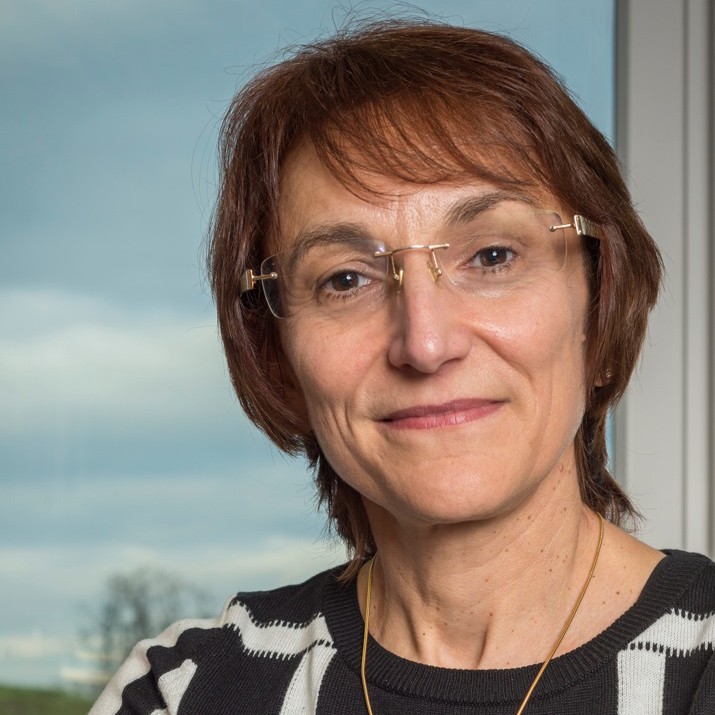
NC3Rs Fellow Dr Deepali Pal from Newcastle University works to replace the need for patient-derived xenograft mice in the expansion of patient-derived leukaemia cells using a novel ex vivo human cell based platform. You can find out more about her experience of applying for our Fellowship scheme in this blog post.
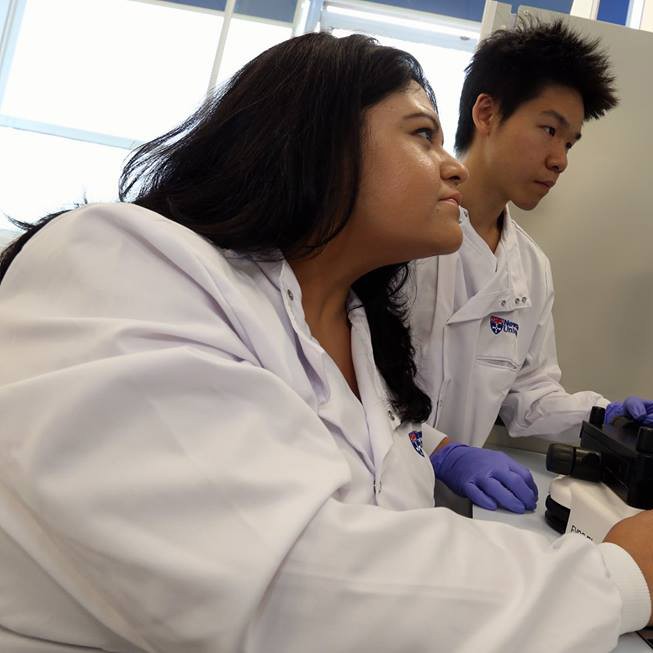
Dr Lynne Sneddon, Director of Bioveterinary Science at University of Liverpool’s School of Life Sciences, uses an integrative approach to improve the understanding of aquatic animal biology and welfare. Through her NC3Rs project grant, she focused on identifying robust behavioural and physiological indicators to detect and assess pain in zebrafish, and use the data collected to develop a simple, cost effective monitoring tool.
Part of her work looked at how social housing aids recovery from stressors in zebrafish.
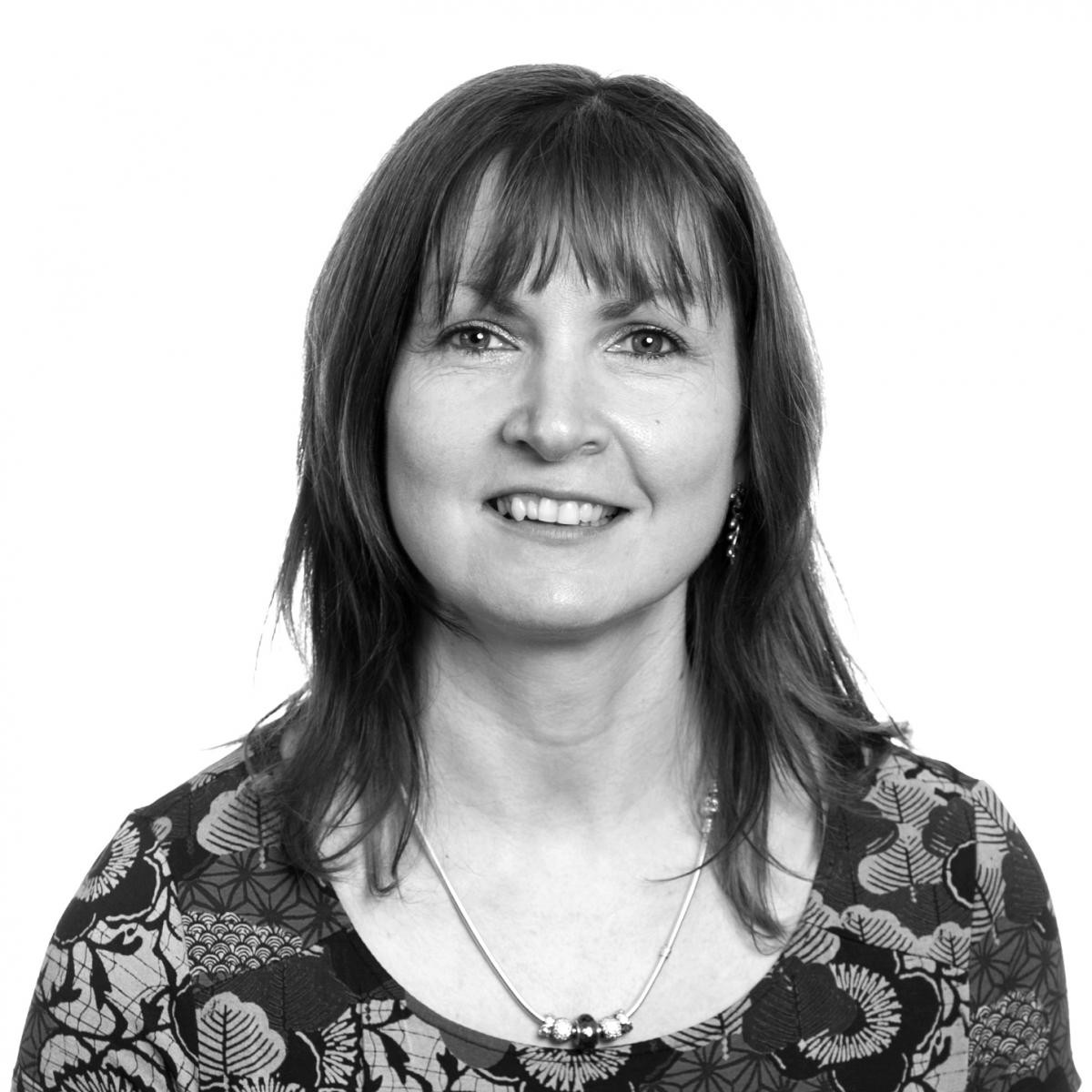
Dr Wendy Noble from King’s College London and her then-PhD student, Dr Cara Croft, characterised and validated an organotypic slice culture model of Alzheimer’s disease. The approach has the potential to replace some genetically modified mice studies in this area of research.

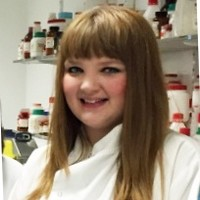
Based at the University of Oxford’s Jenner Institute, Dr Rachel Tanner works on host immune response to tuberculosis (TB) vaccination, with a focus on the development of in vitro functional assays that may be applied in preclinical vaccine testing. She received NC3Rs Skills and Knowledge Transfer funding for the transfer of a novel non-human primate in vitro assay for the early evaluation of TB vaccine candidates to Public Health England and the Biomedical Primate Research Centre in the Netherlands. The adoption of this alternative model by two internationally leading groups in TB vaccine development could lead to the local replacement of the non-human primate, mouse and guinea pig ‘challenge’ models currently used.
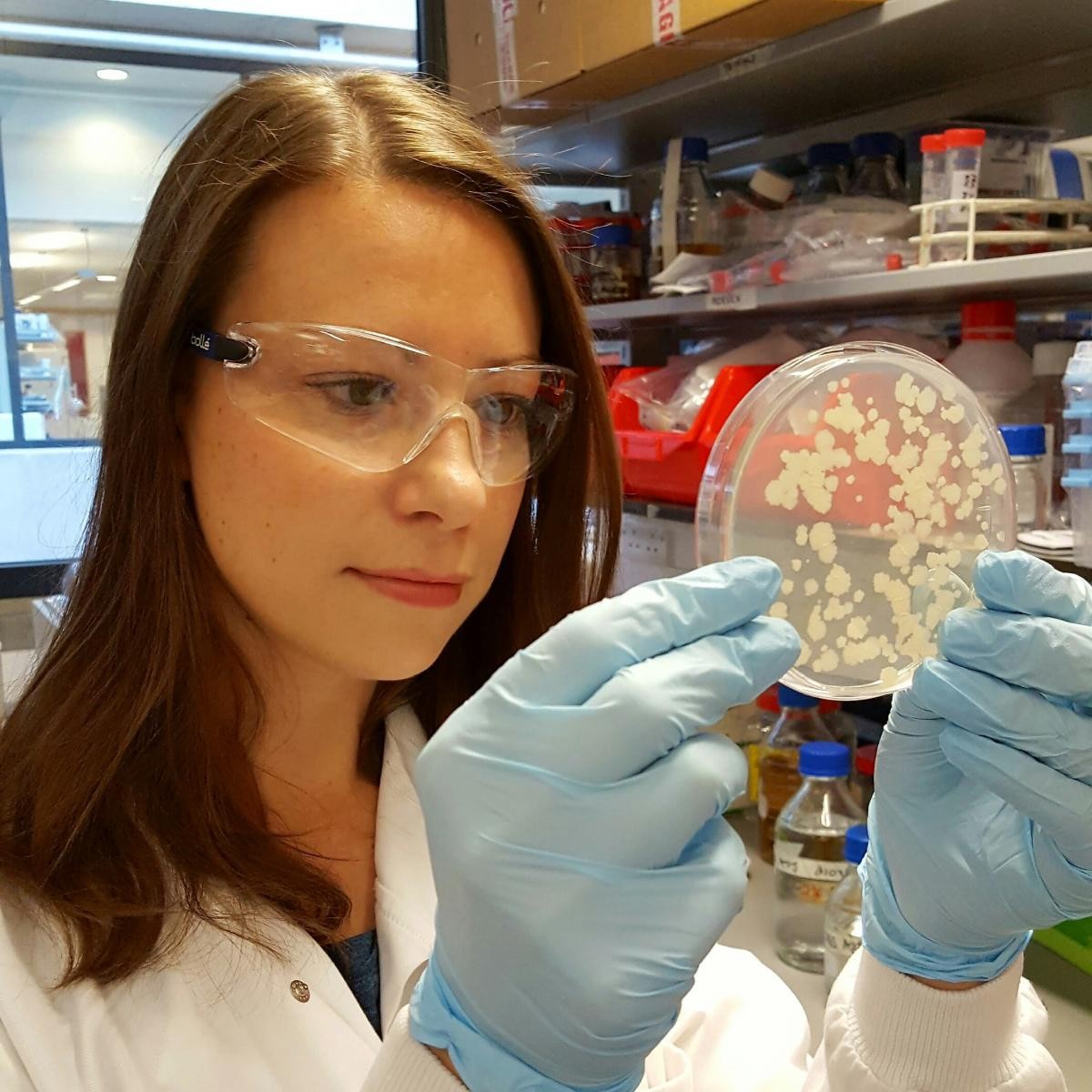
Appropriate experimental design and statistical analysis techniques are key means of minimising the use of animals in research. If a study is not designed to yield robust results and publications are not reported with enough detail, the animals and research resources used in that study are wasted. The Experimental Design team at the NC3Rs, Dr Nathalie Percie du Sert and Dr Viki Hurst, deals with issues around the reproducibility of animal studies.
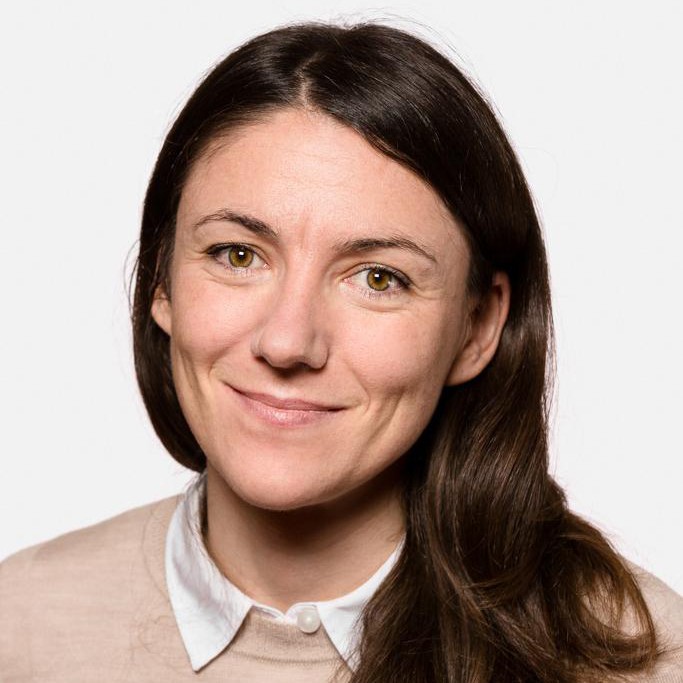

Professor Lucy Walker, MRC Senior Non-clinical Research Fellow and Chair in Immune Regulation at University College London, is a member of the NC3Rs Board. Her research focuses on understanding regulation of the immune system in the development of type 1 diabetes. She was the Chair of the NC3Rs Strategic Award Panel in 2015 and a member of the NC3Rs Grant Assessment Panel. She is currently the Chair of the Training Fellowships Assessment Panel. Lucy shared her extensive experience on our blog in a post entitled 'All you wanted to know about being an NC3Rs Panel member but were too afraid to ask'.
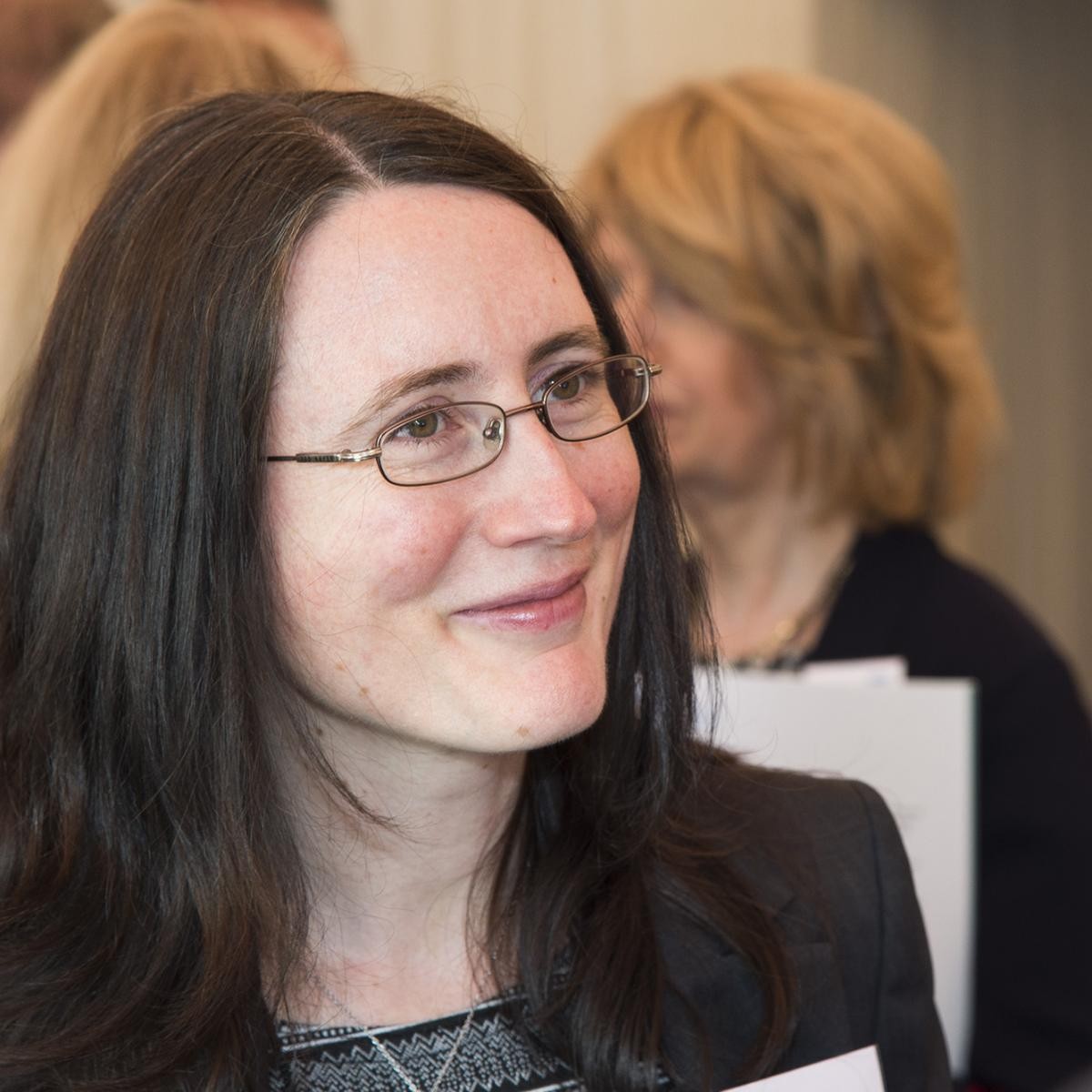
A long-term collaborator of the NC3Rs, Dr Sally Robinson from AstraZeneca has played a pivotal role in applying the 3Rs to pharmaceutical development. In 2009, Sally was the recipient of the Society of Toxicology Enhancement of Animal Welfare Award.
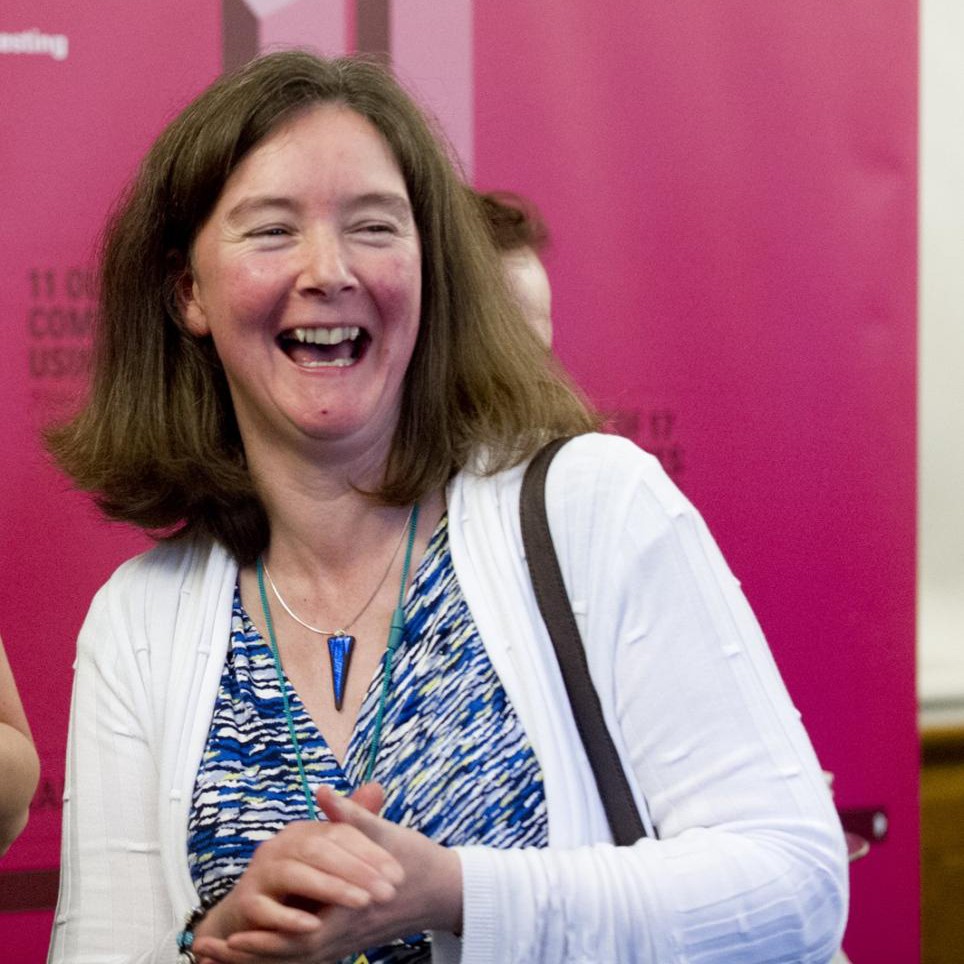
A long-term collaborator of the NC3Rs, Dr Sally Robinson from AstraZeneca has played a pivotal role in applying the 3Rs to pharmaceutical development. In 2009, Sally was the recipient of the Society of Toxicology Enhancement of Animal Welfare Award.
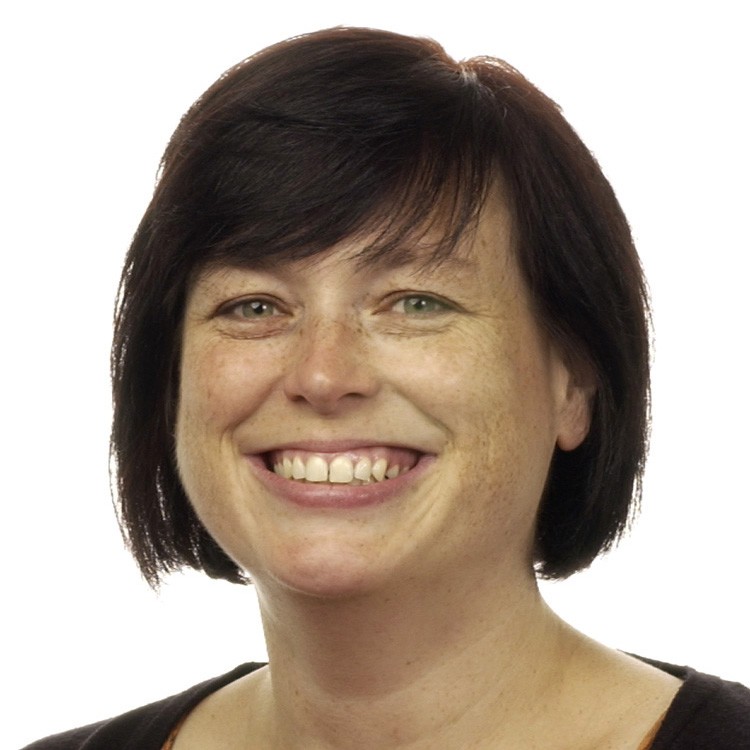
Dr Sara Wells from MRC Harwell has worked in promoting high standards in the use and care of genetically altered mice. This included a series of blogs for the NC3Rs: 'Genetically altered mice'.

And last but not least, Dr Vicky Robinson has been the NC3Rs Chief Executive since the organisation was founded in 2004. In 2015, Vicky was awarded a CBE for her services to science and animal welfare. Vicky has been a real inspiration and a role model, not just to the NC3Rs staff but also to other researchers she has worked with.
